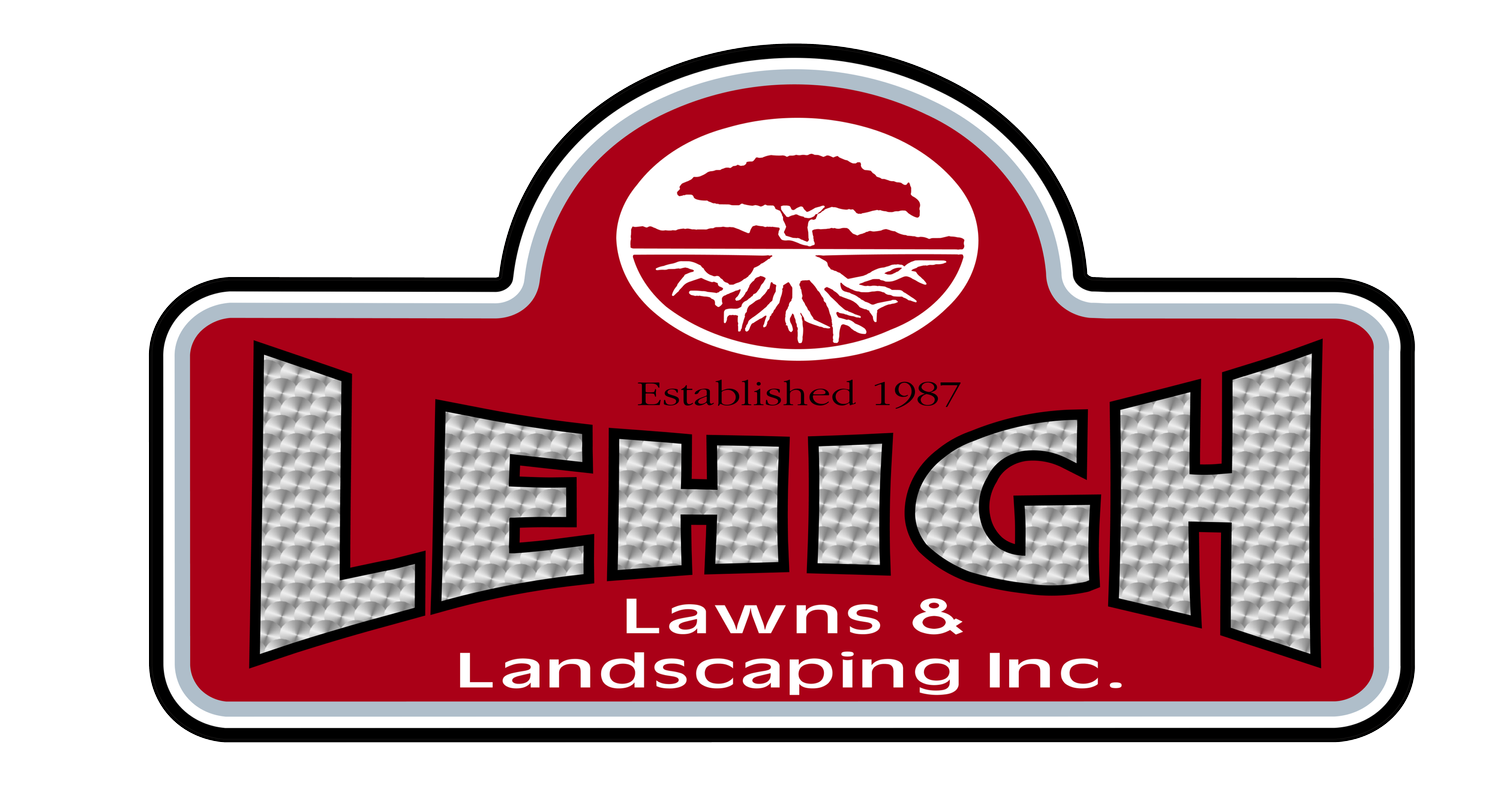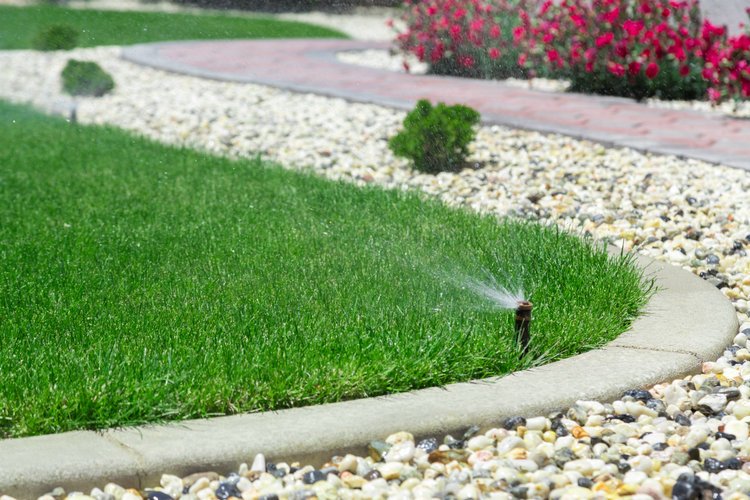The Importance of Efficient Irrigation in the Summer Months
New York’s wonderful summer climate and ample water resources means that efficient use of water resources may not be very high on your list of design priorities for your Langrangeville, NY, landscape. However, as research shows the ever-increasing importance of sustainable design it is vital to play our role in helping to sustain the finite resources of our planet. Landscapes, in particular, are notorious for being wasteful of water resources, so it is important to integrate efficient use of water into the design of your landscape to improve efficiency, especially during the summer months.
Hydrozones
Efficient irrigation starts right from the design phase of your landscape. To ensure that plants in your yard are irrigated adequately, they are grouped into hydrozones according to their irrigation needs. This ensures that they are neither overwatered nor underwatered due to being in close proximity to a plant with different water needs. Moreover, close attention should be paid to the plants to detect signs of wilting so that water supplies can be adjusted accordingly.
Drip irrigation systems
Consider upgrading your old sprinkler system to a drip irrigation system. Using water pipes to deliver water close to the roots of the plants ensures that water is delivered directly to the areas that require it, with far less wastage due to water evaporation. Subsurface piping can further improve the efficiency of the system while ensuring a less cluttered look for your yard with no unsightly piping visible.
Another important factor is to regularly have your irrigation system checked, especially before the start of the summer months. Make sure all the pipes are checked for leaks and blockages and set up an irrigation schedule in consultation with a landscaping professional to maximize efficiency.
Permeable pavers
Should your yard include a patio, driveway or walkways, consider using permeable pavers. These pavers retain the pleasing aesthetics and easy maintenance of regular pavers while having the added advantage of reducing surface water runoff due to their porous structure. This ensures that a larger fraction of water from precipitation reaches the subsoil and helps to maintain the water table.
Mulch
The use of mulch can play a pivotal role in not only conserving water but also reducing unattractive weeds from taking over your yard. You have the choice of using organic materials such as shredded bark and plants, wood chips or grass clippings. Inorganic mulches, usually gravel or crushed rock, are available in a variety of colors and can add an interesting design dimension to your yard. Moreover, unlike organic mulches, they do not have to be replenished over time due to decomposition. That said, organic mulch decomposing over time does provide additional nutrients to your plants. Mulch provides an additional layer over the soil to prevent direct exposure to sunlight and wind which result in an escalated rate of evaporation. Moreover, it also inhibits the growth of weeds.
By paying careful attention to your landscape and investing some time and money, you can drastically increase the efficiency of your irrigation system. Efficient irrigation practices can also help reduce your annual water bill by up to 40% with the added advantage of having the peace of mind that you are doing your part in conserving water and helping the environment.

